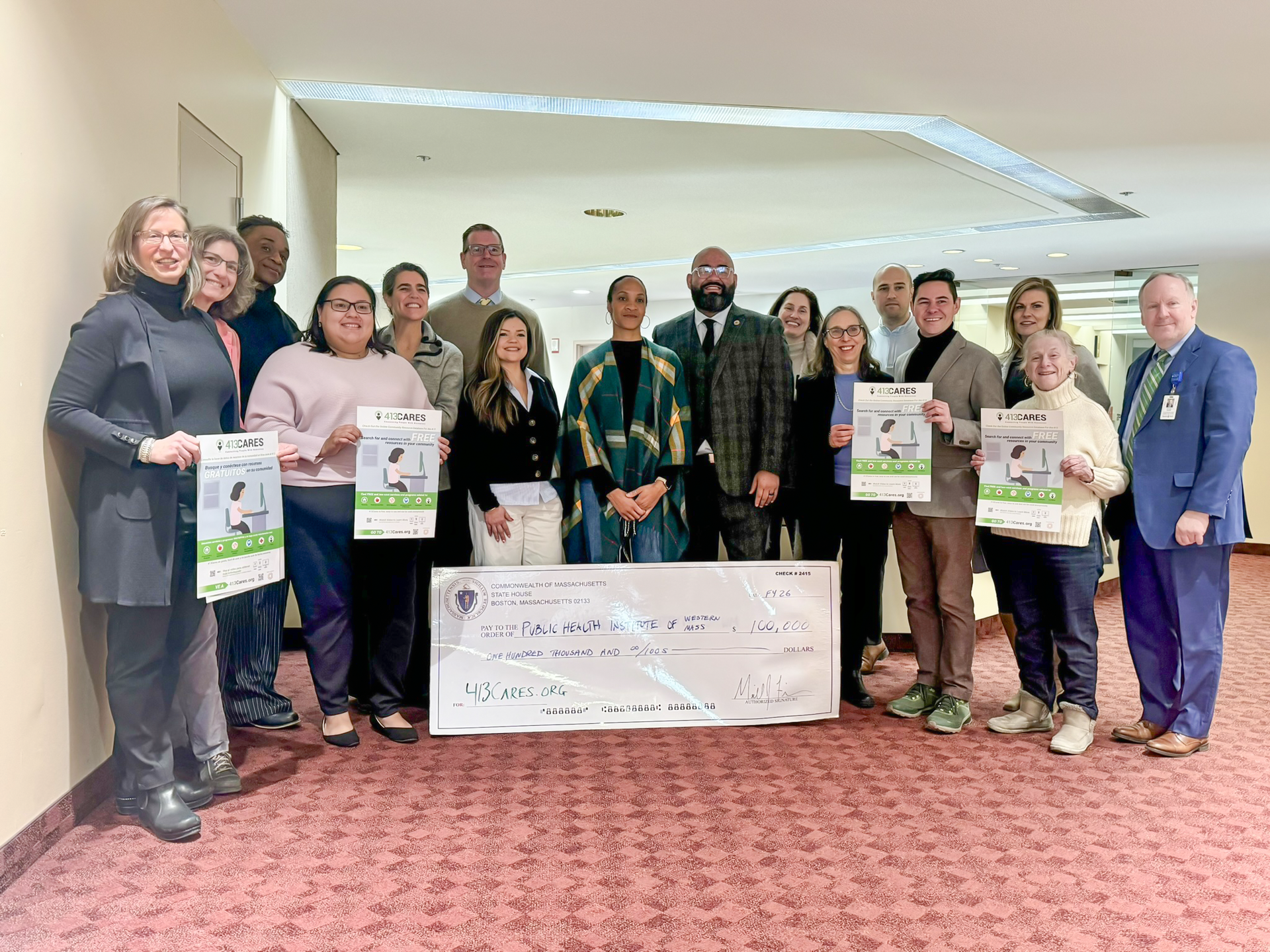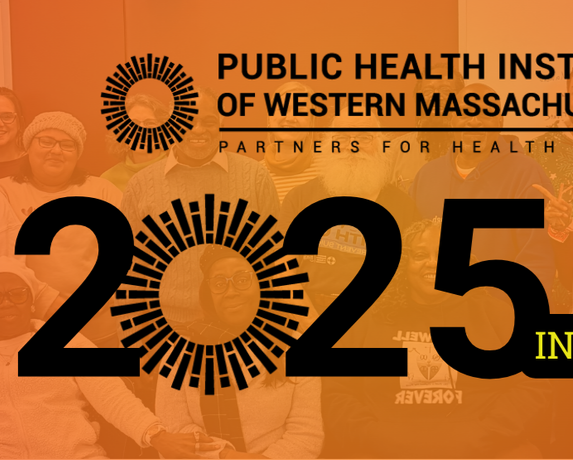Press Release: Getting Local Air Quality Info Is Easier Than Ever
Healthy Air Network Launches Redesigned Website to Empower Communities with Air Quality Data; Hosting 4/30 Free Webinar
Western MA – The Healthy Air Network is thrilled to announce the launch of its newly redesigned website, HealthyAirNetwork.org. The enhanced platform offers a more user-friendly, visually engaging, and comprehensive resource for communities across Massachusetts to stay informed about local air quality.
“Our goal is to empower community members with knowledge and tools to make decisions about their health and to advocate for healthier air quality,” said Sarita Hudson, Senior Director of Strategy and Development with the Public Health Institute of Western Massachusetts. “This newly improved website is a significant step forward in making air quality data understandable and actionable for residents, organizations, and decision-makers across Massachusetts.”
The Healthy Air Network is a collaborative effort of organizations and community members dedicated to improving air quality, increasing climate resilience, and advocating for environmental justice in Massachusetts. This network works to provide live air quality data directly to residents, analyze pollution sources, and advocate for changes that address poor air quality and related health inequities.
What’s New on the Healthy Air Network Website:
- Simplified Navigation: Users can now easily find the information they need with a streamlined and intuitive menu.
- Organized Content: Details about HAN’s mission, the pollutants measured, partner organizations, and other key information are now more accessible and clearly presented.
- Enhanced Visuals: The website features more photos showcasing the network’s work and the diverse communities it serves.
- Data Stories: Engaging narratives and visualizations explain how HAN’s network of air sensors tracks and reveals insights about local air quality.
- Expanded Resources: The website now includes a wider range of information on air quality issues and the growing threat of extreme heat, providing valuable context and guidance.
- Improved Sensor Map: Navigating the network of air quality sensors is now easier and more intuitive with an enhanced interactive map.
Air pollution can be a serious risk to your health. The growing network of low-cost air sensors provides real-time data on outdoor concentrations of fine particulate matter (PM2.5) and ozone, along with historical trends. This data, now more accessible through the improved website, empowers us to make informed decisions to protect our health. Additionally, observing patterns over time helps us identify sources of air pollution and take action to prevent it.
“Our network of low-cost air sensors puts data in the hands of community members, and the new website makes it so much easier for people to understand what it means, how they can protect their health, and what they can do to improve air quality,” said the Hitchcock Center for the Environment’s executive director, William Spitzer, PhD. “We use this data every day as we make decisions about what outdoor activities are safe for kids in our programs.”
The Healthy Air Network is led by the Public Health Institute of Western MA, with technical leadership from the Yale School of Public Health. Our partners in Western Massachusetts include Hitchcock Center for the Environment, City of Springfield, the City of Holyoke, Live Well Springfield, PV Asthma Coalition, and ReGreen Springfield. The Hitchcock Center for the Environment joined in 2022, expanding efforts into Franklin County and the North Quabbin Region.
In 2023, the Massachusetts Asthma Action Partnership, convened by Health Resources in Action, joined to facilitate statewide expansion into New England. Groundwork Trusts in New Bedford, Lawrence, and Somerville have also recently become part of the network.
“We’re excited to work with Groundwork Trusts and other local partners to expand air quality monitoring efforts in Massachusetts communities that are disproportionately impacted by asthma,” said Geri Medina, who leads MAAP. “This work aligns with MAAP’s focus on addressing the root causes of asthma—like poor air quality, housing conditions, and school environments—by making data more accessible and actionable for the communities most affected.”
Is today a healthy air day? The Healthy Air Network invites the public to explore the newly improved website at HealthyAirNetwork.org and attend the 4/30/25 webinar, Know Your Air: Updates From Healthy Air Network, to learn more. Register here: https://bit.ly/42gfLYU
ABOUT THE PUBLIC HEALTH INSTITUTE OF WESTERN MASSACHUSETTS
The Public Health Institute of Western Massachusetts supports communities in their efforts to become measurably healthier and more equitable through community engagement, convening collaborative partnerships, communications, data analysis, research and evaluation, and policy advocacy. We are committed to continuous learning, fostering collaboration, and amplifying the voices of those we serve. For more information, visit PublicHealthWM.org
###
share this
Related Articles




